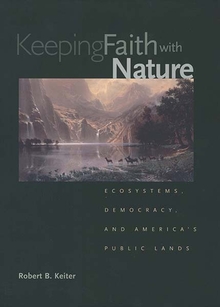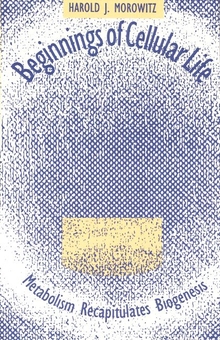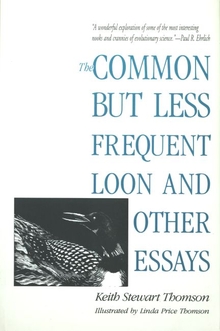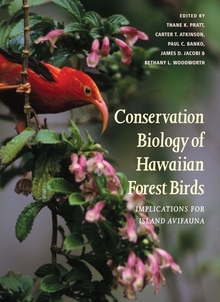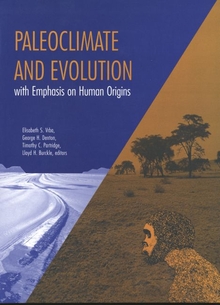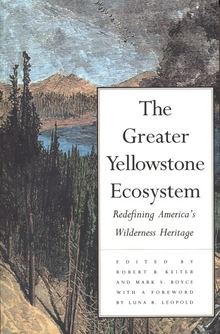Keeping Faith with Nature
WARNING
You are viewing an older version of the Yalebooks website. Please visit out new website with more updated information and a better user experience: https://www.yalebooks.com
Ecosystems, Democracy, and America's Public Lands
Robert B. Keiter
Once the background is set, each chapter opens with a specific natural resource controversy, ranging from the Pacific Northwest’s spotted owl imbroglio to the struggle over southern Utah’s Colorado Plateau country. Robert Keiter uses these case histories to analyze the ideas, forces, and institutions that are both fomenting and retarding change.
Although Congress has the final say in how the public domain is managed, the public land agencies, federal courts, and western communities are each playing important roles in the transformation to an ecological management regime. At the same time, a newly emergent and homegrown collaborative process movement has given the public land constituencies a greater role in administering these lands. Arguing that we must integrate the new imperatives of ecosystem science with our devolutionary political tendencies, Keiter outlines a coherent new approach to natural resources policy.
Robert B. Keiter is Wallace Stegner Professor of Law and director of the Wallace Stegner Center for Land, Resources, and the Environment at the University of Utah’s S.J. Quinney College of Law. He is also the co-editor of The Greater Yellowstone Ecosystem: Redefining America’s Wilderness Heritage, published by Yale University Press.
"[An] in-depth assessment of the present state of environmental policy. . . . [The book] offers interesting and valuable arguments."—Jan Buhrmann, Journal of International Wildlife Law and Policy
Publication Date: September 2, 2003

